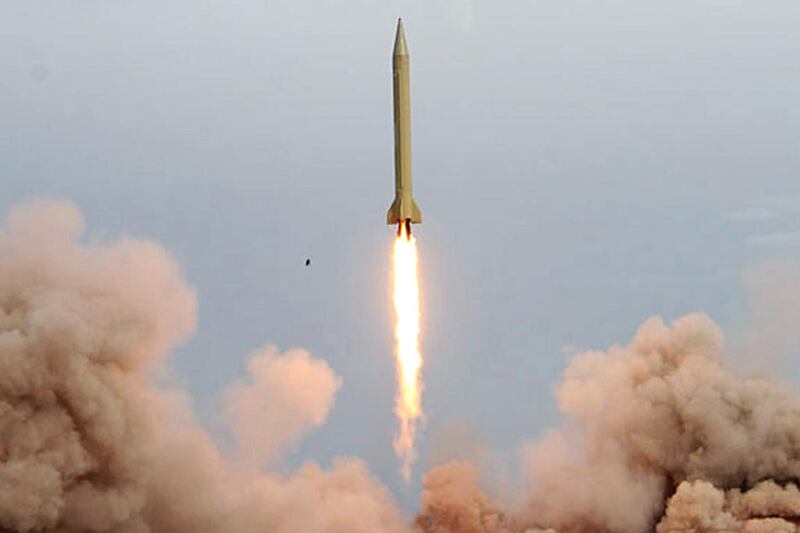Faced with two options, Iran’s leaders always appear to take the more provocative one. Mere days after Donald Trump took office, Iran conducted a ballistic missile test, which has sparked a war of words with the Trump administration.
First Michael Flynn, Mr Trump’s national security adviser, warned that the United States was “putting Iran on notice”, but gave no further details. But Mr Flynn did explicitly tie the missile test to the Houthi attack on a Saudi ship off the coast of Hodeidah, suggesting that Mr Trump will seek to link up Iran’s various provocations around the region. Indeed, Mr Flynn noted that Houthi forces had previously attacked Emirati and other Saudi vessels.
Then the US announced new sanctions on Iran, to which Tehran responded by calling Mr Trump “inexperienced”, saying it would impose its own legal restrictions on American individuals who were helping “regional terrorist groups”. The post-fact world has really arrived when Iran starts to chastise others for terrorist activity, since it is their funding of the Houthis that has destabilised Yemen and caused so much suffering.
None of this is helpful, but sadly neither is it unexpected. As Anwar Gargash, Minister of State for Foreign Affairs, tweeted in Arabic on Friday, it is Iran’s interference in the Middle East that has created such turbulence. This current standoff with the US, Mr Gargash noted, is neither in the interests of the Middle East nor of Tehran itself. Yet this has always been the concern in the Gulf. After it was revealed the Obama administration began negotiating with Iran over its nuclear programme behind the backs of its Arab allies, the Gulf pointed out that a deal would merely embolden Iran. That is precisely what has happened.
Rather than recognising a historic opportunity to rejoin the international community, Iran’s leaders have continued pouring resources into inflaming sectarian tensions across a host of Arab countries. Iran’s meddling hand is detectable in Yemen, Iraq, Syria, Lebanon and Bahrain.
Doubtless some of the current tension is attributable to hardliners in Iran seeking support ahead of this summer’s election. But the current conflicts in the Middle East are too serious to play politics with. It appears that the new American president finally understands that reality.





